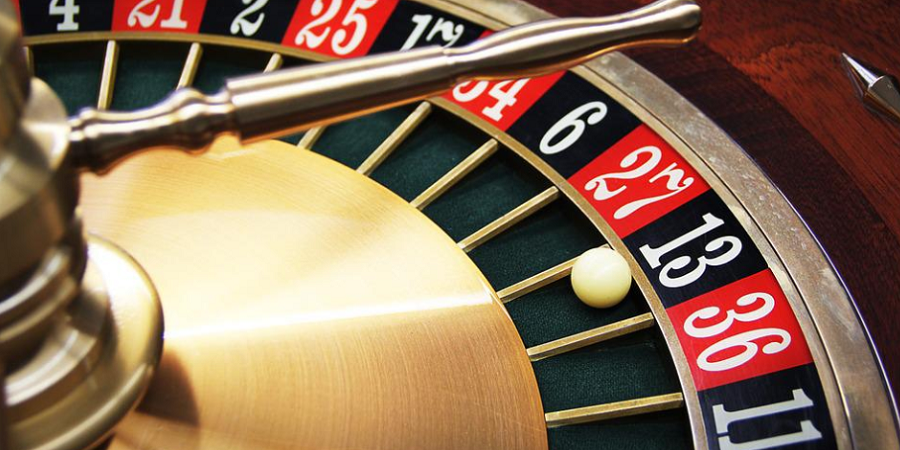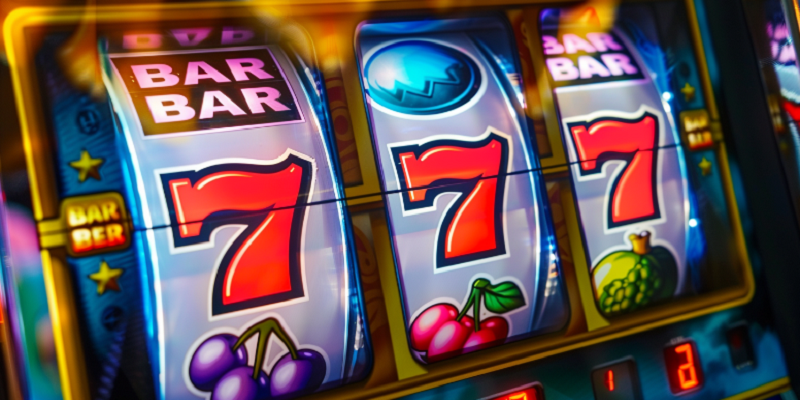Both roulette and daily life depend on repetition and pattern. A roulette wheel has 37 or 38 pockets, each representing a possible outcome. A day contains about 16 waking hours divided into repeating tasks. Whether one places a bet or pours morning coffee, the process follows an internal rhythm — an action, an outcome and a reset.
Roulette runs on probability, not luck. Each spin is independent, yet players still track streaks or colours, much like how individuals structure their routines around perceived efficiency. Research by the European Gaming Observatory in 2024 showed that over 78% of roulette players follow set betting systems, reflecting how habit drives predictability in both gambling and life.
Structure Creates Comfort and Control
Routines give people a sense of control over uncertainty, similar to how roulette systems create a framework for randomness. On Lucky Twice Casino UK, roulette tables run around the clock, offering the same 2.7% house edge on European wheels regardless of the time of play. The constant mathematics behind the game mirrors the human desire for routine stability.
Shared Elements Between Routines and Roulette
Psychologists define habits as repeated actions performed without conscious thought. Players often replicate this pattern by placing identical bets on red, black or dozens. The familiarity reduces cognitive load, offering comfort in an environment built on chance.
- Both rely on repetition to build consistency.
- Both include choice and timing as decision factors.
- Both feature feedback loops that influence the next action.
- Both deliver predictable unpredictability — the sense of control within chaos.
Risk and Reward Shape Behaviour
Each spin of a roulette wheel contains 37 potential results in European versions and 38 in American ones. Similarly, every decision in a daily routine involves multiple outcomes, though not all carry equal weight. Players and individuals both learn to balance reward with risk over time.
At a casino, managing a bankroll of €100 and dividing it into €2 bets builds structure, limiting exposure while sustaining play. In daily life, budgeting time or calories functions in the same way — using restraint to extend endurance. The human brain registers this balance as satisfaction when control is maintained and stress when outcomes deviate.
A 2023 report from the University of Bath linked habit formation and gambling persistence through dopamine response. The anticipation of reward, whether from a successful spin or a completed workout, activates identical neurological pathways.
Time Cycles Define Outcomes
Roulette runs in fixed intervals: a spin every 20–30 seconds in live dealer games. Routines work on comparable cycles. Breakfast preparation, commuting and work sessions occur in regular time slots. These repetitive windows anchor productivity or, in gaming terms, session rhythm.
| Element | Roulette | Daily Routine |
| Cycle Length | 20–30 Seconds Per Spin | 30–60 Minutes Per Task |
| Reward Mechanism | Payout or Loss | Progress or Satisfaction |
| Structure Source | Game Rules | Personal Discipline |
| Success Factor | Probability | Consistency |
| Control Level | Partial | Moderate to High |
The pattern shows how both frameworks reward persistence. In roulette, players who pace their bets often sustain longer sessions. In routine, consistent timing strengthens discipline and output. Both rely on rhythm rather than intensity.
Emotion and Expectation Align Closely
Roulette outcomes trigger immediate emotional responses — joy, frustration or anticipation. Daily life mirrors this through micro-outcomes like completing a task or missing a deadline. Managing expectations in both cases determines satisfaction levels more than the actual results.
Casino software ensures neutrality through random number generators tested by independent bodies like iTech Labs. In contrast, personal routines depend on internal consistency. When either breaks — a losing streak or a disrupted schedule — frustration emerges. Experienced roulette players and efficient individuals share one strategy: adjustment without overreaction.
Emotionally resilient players lower bet sizes after losses rather than chasing outcomes. Similarly, productive individuals adapt their schedule instead of abandoning it entirely. Both behaviours represent maturity under uncertainty.
Systems and Superstitions Reflect Habit Logic
Roulette systems such as Martingale or Fibonacci progressions operate on logic mixed with hope. People use the same combination in routines — to-do lists, planners or rituals like a morning coffee before work. Both create structure and perceived momentum.
A survey by the British Gambling Commission found that over 40% of roulette players use a progression system regularly, even though it does not change statistical odds. This mirrors how individuals persist with habits that offer structure even when efficiency gains are minimal. The psychological reward outweighs pure logic.
Some roulette players always bet on specific numbers — birthdays or anniversaries — similar to how routines rely on anchors like meal times or gym hours. Both behaviours attach emotion to repetition, strengthening engagement.
Randomness Remains Unavoidable
Despite planning, neither roulette nor daily life can eliminate uncertainty. The ball can land on zero even after a long streak, just as unexpected events interrupt routines. The key difference lies in frequency. Roulette resets every spin; routines reset daily.
Regulated platforms such as those licensed in Malta or Gibraltar ensure randomness within a controlled environment, protecting fairness. Life lacks such regulation, relying on adaptability instead. Yet both reward calm responses — measured betting and flexible scheduling.
Predictability remains an illusion supported by repetition. Whether watching the wheel preparing for another morning meeting, the principle holds: structure cannot remove chance, only guide behaviour through it.
Both Reflect Human Desire for Order
Roulette and daily routines function as mirrors of the same instinct — to find order in systems of probability. Every spin, like every habit, expresses a calculated risk based on memory and expectation.
Players and individuals develop strategies, track patterns and measure outcomes, believing structure will bend chance. The connection lies not in the result but in the mindset — persistence through repetition and the comfort of the familiar.
Roulette tables and daily schedules share one reality: each new cycle offers the same opportunity to begin again under identical odds.






